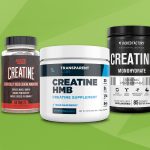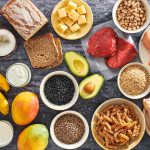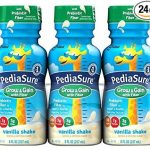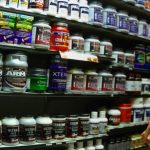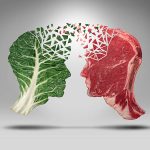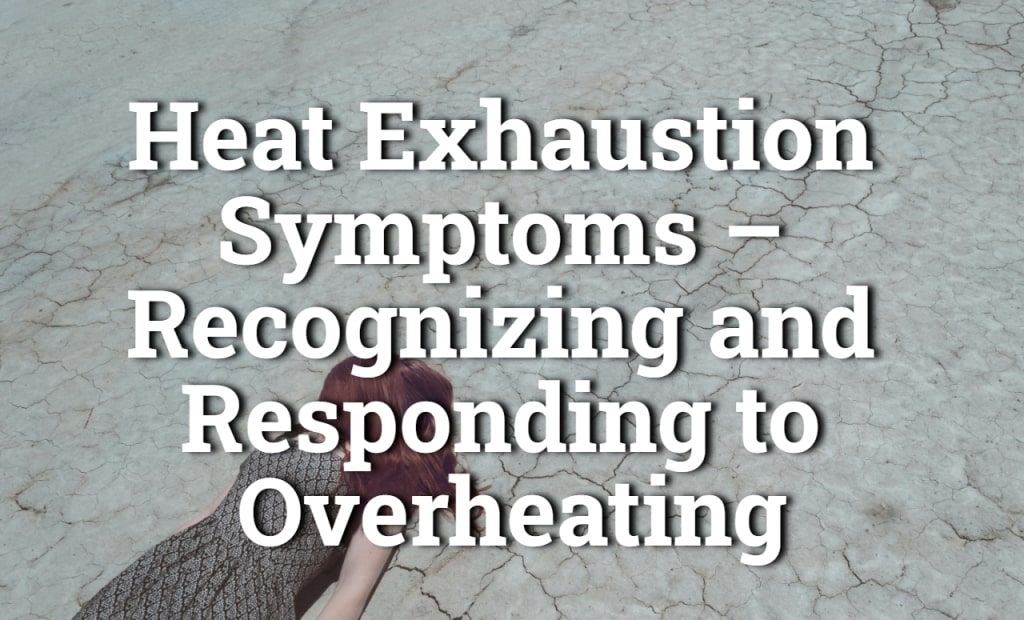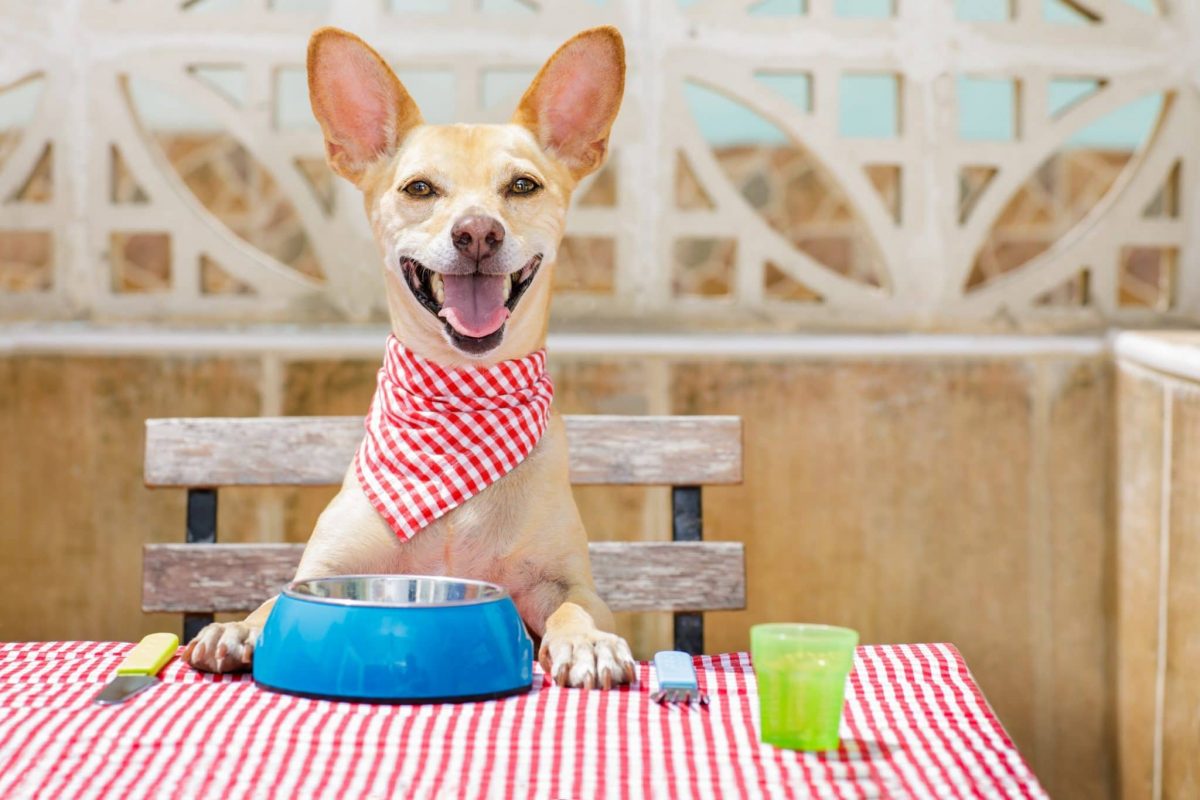
Are you worried about your dog that doesn’t seem to add weight? If so, you are not alone. This article is written for you. It will provide you with tips on how to bulk your dog.
Why Some Dogs Struggle to Gain Weight
Some dogs may struggle to gain weight due to various factors, including underlying health conditions, inadequate nutrition, and behavioral issues. One common reason is a high metabolic rate, where the dog’s body burns calories faster than it can consume them. This can be seen in highly active breeds or dogs with hyperthyroidism.
Digestive problems can also hinder weight gain. Issues such as malabsorption, food allergies, or gastrointestinal disorders can prevent proper nutrient absorption, leading to weight loss or difficulty gaining weight.
Additionally, behavioral factors can play a role. Some dogs may have a poor appetite or be picky eaters, leading to insufficient calorie intake. Stress, anxiety, or a disrupted feeding routine can also contribute to weight loss or a lack of weight gain.
It is crucial to consult with a veterinarian if a dog is struggling to gain weight. They can perform a thorough examination, run diagnostic tests, and provide dietary recommendations or suggest a specialized diet. Addressing any underlying health issues and ensuring a balanced, calorie-rich diet can help the dog reach a healthy weight.
Understanding Your Dog’s Nutritional Requirements
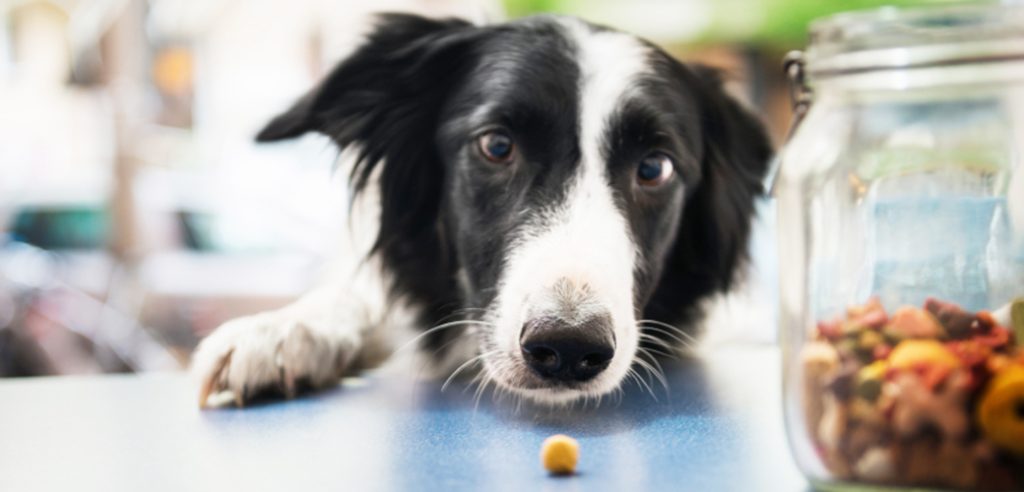
Understanding your dog’s nutritional requirements is crucial for their overall health and well-being. Dogs, like humans, require a balanced diet that provides them with essential nutrients, vitamins, minerals, proteins, fats, and carbohydrates.
Protein is a vital component of a dog’s diet as it helps in muscle development, repair, and maintenance. Good sources of protein include meat, fish, eggs, and legumes.
Fats are another essential nutrient that provides energy, supports healthy skin and coat, and aids in the absorption of fat-soluble vitamins. However, it is important to provide healthy fats and avoid excessive amounts that can lead to obesity.
Carbohydrates are a source of energy for dogs, but their dietary requirements vary depending on factors such as breed, age, and activity level. High-quality carbohydrates like whole grains and vegetables are preferable over fillers or processed ingredients.
Vitamins and minerals are necessary for a dog’s immune system, bone health, and overall physiological functions. A balanced diet that includes a variety of fruits, vegetables, and supplements (if recommended by a veterinarian) can help fulfill these requirements.
It’s important to note that different life stages and specific health conditions may require dietary adjustments. Puppies, senior dogs, and pregnant or nursing dogs have different nutritional needs. Additionally, dogs with allergies, sensitivities, or underlying health issues may require specialized diets.
Choosing the Right Dog Food for Weight Gain
Choosing the right dog food for weight gain is crucial for dogs that need to increase their body mass in a healthy and controlled manner. When it comes to selecting the appropriate diet, several factors should be considered. Firstly, the food should have a higher calorie content to promote weight gain. Look for dog foods that are specifically formulated for weight gain or those that contain higher levels of protein and fat.
Additionally, opt for dog foods that are rich in nutrient-dense ingredients such as chicken, beef, or fish, as they provide essential proteins and fats. It’s important to avoid fillers and by-products that offer little nutritional value. Consulting with a veterinarian is advisable to determine the ideal weight gain plan for your dog and to address any underlying health issues.
Remember to introduce any dietary changes gradually to prevent digestive upsets. Regular monitoring of your dog’s weight and body condition is essential to ensure steady and healthy weight gain. By carefully selecting a high-quality, calorie-dense dog food and working closely with your veterinarian, you can provide your furry companion with the nutrition they need to achieve a healthy weight gain.
Supplements and Additives to Boost Your Dog’s Caloric Intake
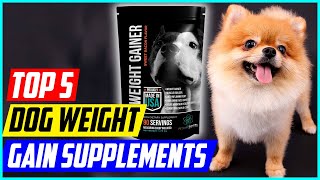
Supplements and additives can be helpful tools to boost your dog’s caloric intake when they need to gain weight. However, it’s important to note that these should always be used under the guidance of a veterinarian to ensure they are safe and appropriate for your dog’s specific needs.
One popular supplement for weight gain is high-calorie nutritional gel or paste. These products are usually formulated with a concentrated blend of nutrients, fats, and vitamins to provide an extra boost of calories. They can be easily mixed into your dog’s regular food or given directly as a treat. Another option is adding healthy fats to your dog’s diet, such as fish oil or coconut oil, which are rich in omega-3 fatty acids and can promote weight gain.
Protein supplements can also be beneficial, especially for dogs that may have increased protein requirements. Look for high-quality protein powders or supplements specifically formulated for dogs. These can be mixed into their meals or given as standalone snacks.
When considering supplements and additives, it’s crucial to remember that they should never replace a balanced and nutritious diet. They should be used as a complement to a high-quality dog food that meets your dog’s nutritional needs. Additionally, always follow the recommended dosage instructions and consult with your veterinarian before introducing any new supplements or additives to your dog’s diet.
Tips for Encouraging Your Dog to Eat More
Here are some tips:
- Feed smaller, more frequent meals throughout the day.
- Add warm water or low-sodium chicken broth to their food to enhance aroma and flavor.
- Mix in small amounts of wet food or high-value treats to stimulate their appetite.
- Avoid free-feeding and establish a regular feeding schedule.
- Create a calm and quiet environment during mealtime to reduce distractions and anxiety.
- Consult with a veterinarian if your dog’s lack of appetite persists to rule out underlying health issues.
- Be patient and persistent in your efforts to encourage your dog to eat more.
Remember, these tips are meant to be used as general suggestions. Every dog is unique, so it’s important to tailor your approach based on their specific needs and consult with a veterinarian for personalized advice.
Conclusion
In conclusion, helping your dog gain weight requires a comprehensive approach that includes understanding the reasons behind their weight struggles, addressing their nutritional requirements, choosing the right dog food, considering supplements and additives, and implementing strategies to encourage their appetite. Underlying health conditions, inadequate nutrition, and behavioral issues can all contribute to a dog’s difficulty in gaining weight.
Frequently Asked Questions
What are some reasons why my dog may be underweight?
Some reasons for a dog being underweight include inadequate nutrition, underlying health conditions, stress or anxiety, picky eating habits, age or breed factors, and intestinal absorption issues. Consulting with a veterinarian is important to determine the specific cause and develop a suitable plan for weight gain.
What are the best foods to help my dog gain weight?
The best foods to help your dog gain weight include high-quality protein sources like chicken or fish, healthy fats such as salmon oil or coconut oil, calorie-dense foods formulated for weight gain, nutrient-dense ingredients like sweet potatoes or eggs, and wet food options. Consult with a veterinarian for personalized recommendations.
How can I increase my dog’s appetite?
To increase your dog’s appetite, you can try the following approaches:
- Offer smaller, more frequent meals throughout the day.
- Add warm water or low-sodium chicken broth to their food for added aroma and flavor.
- Incorporate wet food or high-value treats into their meals.
- Create a calm and quiet feeding environment, free from distractions.
- Consult with a veterinarian if appetite issues persist for further guidance and evaluation.









